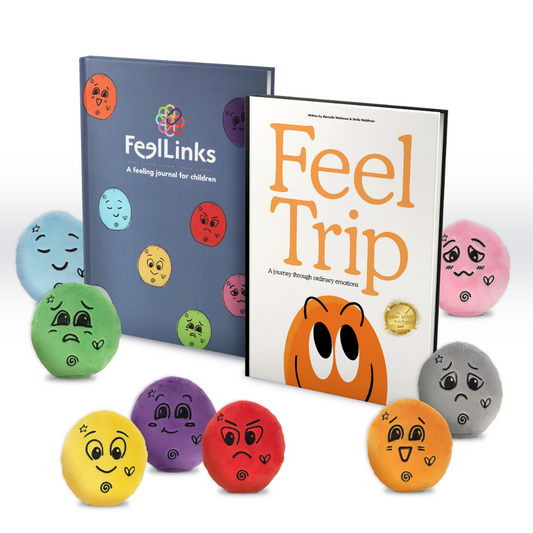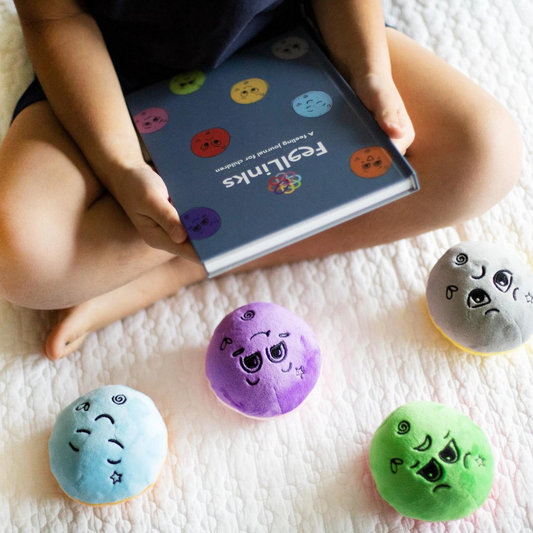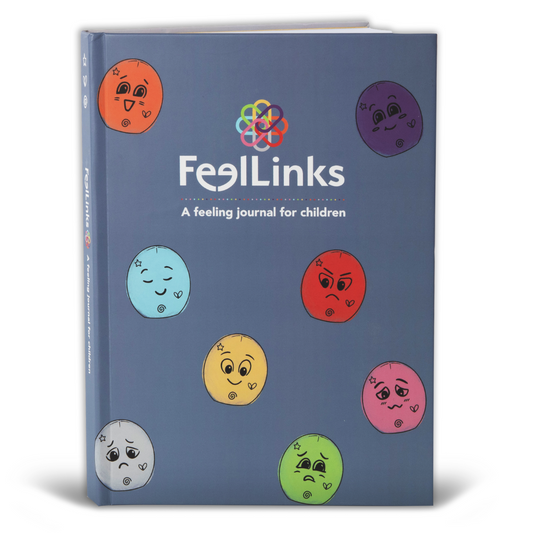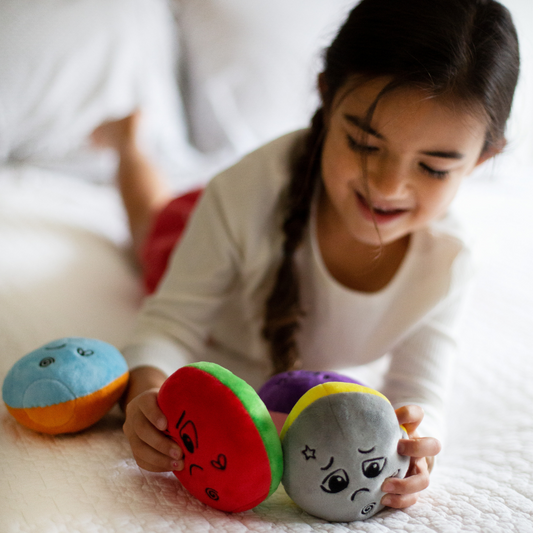Meaningful Conversations With Our Children: Clear communication and active listening
Share

Conversations are a meaningful way to connect with others; a way to enrich our lives and the lives of those around us. As adults, it is our responsibility to teach children how to properly engage in conversations at home, school, in our community, and beyond.
Let's teach our children how to clearly communicate and actively listen.
From the time our children begin to create sounds, they start recognizing that sounds gain others' attention, and communication is reciprocal. Conversations are a two-way process, which includes clear communication and active listening. We need to do our best to respond to children how we want them to learn to respond to others. In order to teach this to our children, we must model the behavior we want to see from them.
Here are some conversation strategies we can model for children.
Communicating: Children learn communication skills by example - be the best role model you can be.
-Communicate your thoughts, expectations, ideas, and feelings clearly.
-Speak with respect.
-Keep your calm.
-Use the tone of voice intended for the situation. (ie: Do not laugh while your child is expressing sadness. Refrain from smiling when you say “no” to your child).
-Use feeling words to express yourself when you speak.
-Create a safe place for your child to open up and express themselves.
-Refrain from taking on their emotions and letting them rile you.
-Be available. Make time to talk without distractions (ie: Dinner, bedtime, no electronics powered on).
Active Listening: When we listen to our children, we want to be active listeners! This helps our children feel loved and valued.
-Give your undivided attention, no distractions.
-Get on your child’s level.
-Listen for the story and the emotions behind it.
-Hold off on telling your child how to feel, listen for them to tell you how they feel.
-Refrain from offering advice too quickly.
-Repeat back what you are hearing your child say.
-Show empathy.
-Listen in order to understand your child, not judge them.
When a family learns to communicate well, through the good, the bad, and the ugly times, everyone has the opportunity to try their best to understand and support each other’s needs.
Being a good listener to our children (or anyone in our lives, for that matter), means not judging or thinking of what you want to say next– it means giving an attentive, loving, safe place to share, feel and express. If your emotions are running high, these communication tips will help your child calm down because they know they are being listened to and respected. Even if nothing can be done to “fix” a situation that your child is facing, just providing a space for them to talk will make a world of difference.
Establishing good communication within our families can help us to feel heard, respected, and understood. It will also assist in resolving the natural conflicts we will be faced with within our families. In those times, we often need to balance the needs of many people. It’s important that we actively listen to each other’s points of view, understand and utilize compromise, and develop problem solving skills. This all takes a whole lot of modeling and practice. Regardless of what the outcomes are, respectful communication and active listening helps all family members feel heard and understood.
One last thought here on "conversations". Sometimes verbal communication about feelings is a difficult task for our children or perhaps you have a non-verbal child. Journaling is a wonderful way for children (and us adults) to express feelings. In my home, my daughter enjoys using her journal to first communicate feelings, then she has me read it, then we open up our conversation. FeelLinks journal and dolls set has been a meaningful tool for many kids to share feelings with parents, teachers, counselors, doctors and therapists.
✨✨✨✨FREEBIE✨✨✨✨
I have created 36 conversation cards for you to download here. These can be a fun way to encourage new topics and open up safe discussions with your child about their thoughts, feelings and experiences.
With Gratitude,
Marcelle





